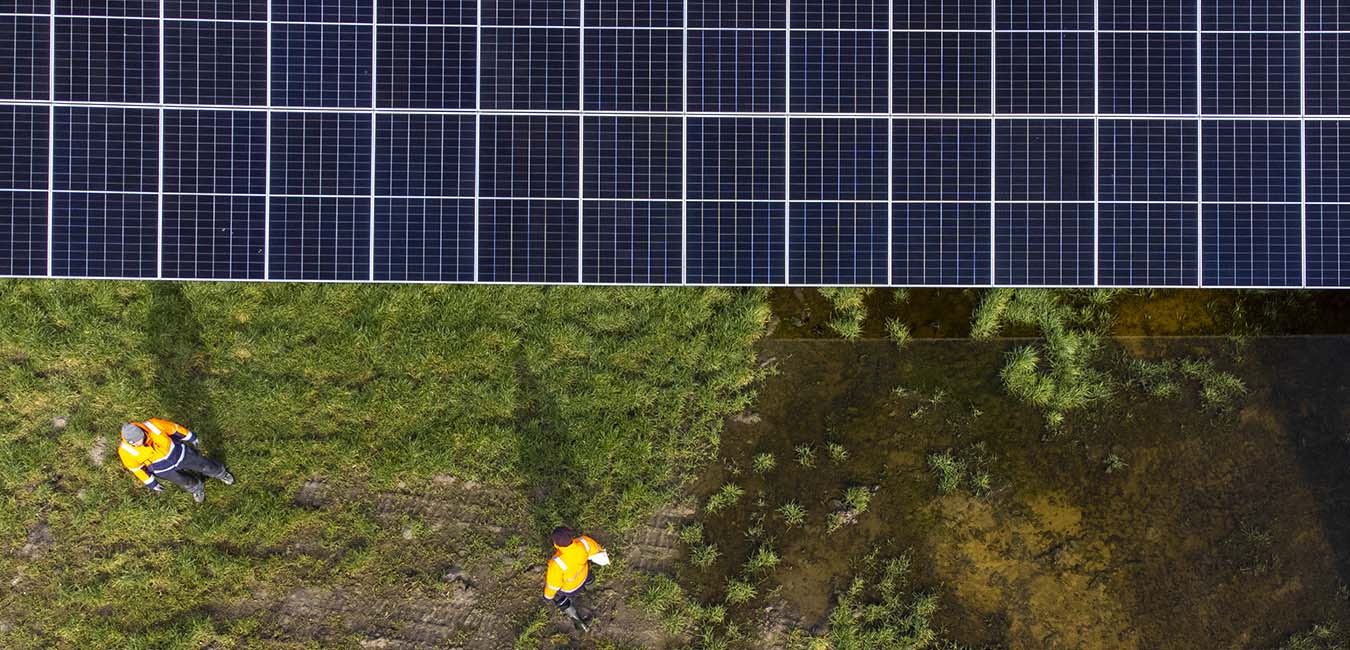The European Union have often spoken in a narrative of being the ones leading a just green transition and wanting to export great ideas and policies to the rest of the world. Now, however, it seems the EU is lacking behind.
In the US they recently adopted the American Inflation Reduction Act (IRA). Here we are seeing how strong social dimensions can be a part of the green ambitions.
What does the American Inflation Reduction Act (IRA) include?
- Tax credits for socially responsible freen companies
- Social clauses and conditionalities to support schemes for companies’ green transformation
- Requirements for decent working condition, waged and apprenticeship
Even though the European labor market is generally stronger than that of the US’, it must be a goal to always secure and strengthen workers’ rights and conditions.
FH urges the EU institutions to adopt an ambitious Net-Zero Industry Act while securing fair, good working conditions, and workers involvement throughout all green policy initiatives and regulations.
ALSO READ: FH to the EU: The green and social dimension should co-exist
At both national and European level FH works for securing workers’ rights and opportunities. FH wants the green transition to include social principles. Involving fair and good working conditions for everyone. Ensuring strong workers skills at all levels of training and education. And involving and including workers at company level in any and all transitions.
How can a social and just Net-Zero Industry Act look?
Inspired by the ambitions within the US’ IRA FH asks the EU institutions to include the following in a final decision on the Net-Zero Industry Act:
- Combining ambitious goals for increasing EU’s competitiveness in the green industry with equally ambitous goals for working people
- Balancing social conditionalities, like linking decent working conditions with tax credits for green companies paying decent wages, investing in training, or engaging young green apprentices
- Including social clauses and where relevant apprenticeship clauses in public procurement contracts to ensure compliance with social sustainability criteria
- Creating access to patient, long-term, and risk-taking capital. This can be inspired by Denmark’s Export and Investment Fund which, among other things, will ensure patient and long-term capital for the development of green technology
- Ensuring that third country workers have the same pay and working conditions as comparable EU-workers
- Preventing a future ‘EU fast-track recognition system’ and ‘EU talent pool’ from becoming a way to engage in social dumping of third country workers by ensuring adequate monitoring, sanctions and enforcement tools.
ALSO READ: News in danish from FH


